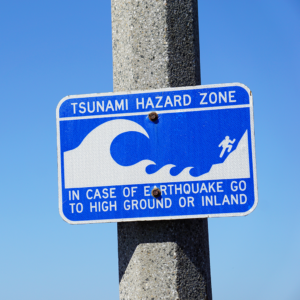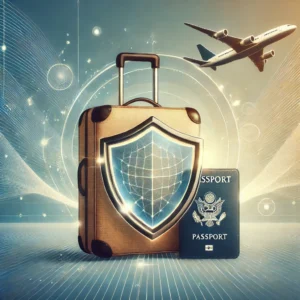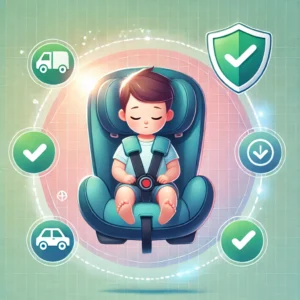
Immediate Action: Tsunami
When a tsunami warning is issued, every second counts. Whether you’re living in a coastal region or just visiting, knowing what to do can save
You May Like to See

When a tsunami warning is issued, every second counts. Whether you’re living in a coastal region or just visiting, knowing what to do can save

In today’s fast-paced world, driving is a necessity, but it comes with risks. Every time you get behind the wheel, you face the unpredictable actions

Staying Safe and Prepared Abroad is the tool every traveler needs to ensure a smooth and secure journey.

Keeping your child safe on the road starts with choosing the right car seat.
We welcome your comments, feedback and questions.
Control your risk.
Get the app